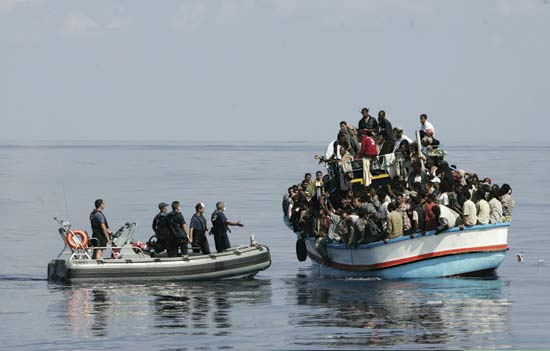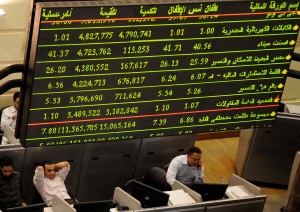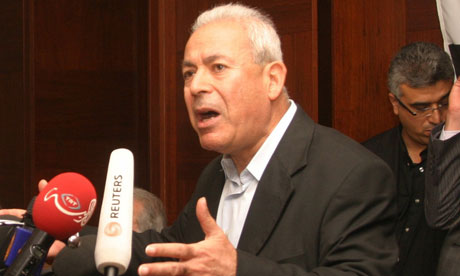Following talks with the Tunisian Prime Minister Hamadi Jebali who arrived in Saudi Arabia for a two-day visit on 18 Februry, . . .[restrict]the Secretary-General of the Council of Saudi Chambers of Commerce, Fahad Al-Sultan said the meeting did not cover the reconstruction of Libya.
He revealed that the most important item to be discussed was the need to create shipping companies between the two countries to resolve transportation obstacles which are the biggest problems facing them. Saudi trade with Libya is difficult and has been characterised by bureaucratic hurdles. Shipments generally have to go through third countries and air transport is only used for the shipment of light goods. Suleiman Bin Ibrahim Al-Eeri, head of the Saudi Arabian-Tunisian Business Council, had earlier called for the establishment of a free zone between Libya and Tunisia which would facilitate the entry of Saudi companies through Tunisia into Libya in order to enable them to participate in Libya’s reconstruction.
Accompanying the Tunisian Prime Minister to Saudi Arabia were six ministers, including the Minister of Finance and the Minister of Investment and International Cooperation.
The delegation included twenty-four Tunisian businessmen representing eight economic sectors as well as a number of officials in industrial and business groups. They discussed with the Saudis the mechanisms of trade and investment cooperation and economic developments and the obstacles hindering investors on both sides.
Shipping represented the most important issue to the private sector since it is the backbone of transporting goods between the two countries and on to other parts of North Africa. Al-Eeri had called for the establishment of real estate complexes and permanent exhibitions marketing products of the two countries. Air links between the two countries should also be increased since those at present were insufficient.
He added that these were the concerns and constraints limiting the expansion of investment and also tourism. There was a need to simplify the issuing of visas. He said that the Saudi business sector in Tunisia should concentrate on finding solutions to problems in order to promote the strengthening of trade and investment relations between the two countries.
In addition, he pointed out that the visit of the Tunisian Prime Minister and the accompanying delegation was of great value. The visit was an indication of the strength and durability of the relations between the two countries. He said that the visit to Tunisia by Saudi businessmen in 2010 had focused on many of the problems needing to be resolved and it had indicated the importance of trade relations between the two countries. The present visit to the Kingdom marked the beginning of addressing these problems. [/restrict]





